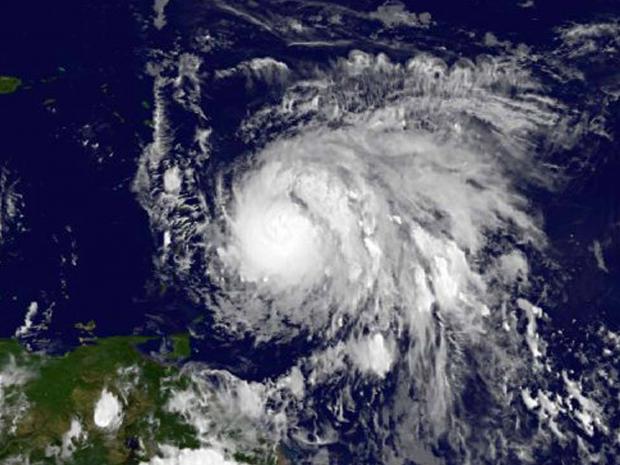By Fernanda Tapia
Staff Writer
As the Islamic State in Iraq and Syria (ISIS) continues to make international headlines, there is another issue that seems to fall by the wayside: the abduction of women by ISIS fighters.
The abductions have not received as much coverage as ISIS’ other violent acts, which include beheadings and mass killings. In fact, ISIS’ attacks on religious minorities have hardly gotten the attention of the public; the U.S. government has responded, but there is an “absence of a major humanitarian operation,” said Ahmad Moussa of Al Jazeera.
ISIS has targeted religious minority groups in northern Iraq, most notably those of the Yazidi faith. The Yazidis, whose religion has its roots in Zoroastrianism and ancient Mesopotamian religions, and who have been the targets of numerous genocides throughout history, are believed to be heretics by Muslim members of ISIS.
When ISIS entered the town of Sinjar and neighboring villages in the Nineveh province, mostly inhabited by Yazidis, in August, they rounded up the people who had not been able to flee, killing most of the men and abducting the women and girls, according to AP.
Those who remained are facing “a humanitarian tragedy…in Sinjar,” said Nickolay Mladenov, UN Special Representative for Iraq; food and water supplies are running out and Islamic State fighters surround them on all sides.
According to Yazidi sources, the women were taken to the nearby town of Talafar, which has been under ISIS control since June.
They were incarcerated in makeshift prisons where they were again separated into groups based on age and faced with two choices: convert to Islam and become the wife of an ISIS fighter, or face indefinite imprisonment and possible death. While they are held, “sexual innuendo and implicit threats” keep them on edge, the Independent reported.
Iraqi government estimates put the number of abducted Yazidi women at as many as 1,500, with more being added to that number as ISIS continues its sweep through northern Iraq.
Some women have been secretly communicating with their families via cell phone and keeping them updated on where they are moved, according to Amnesty International.
In recent weeks, clashes have continued between Kurdish troops and Islamic State fighters in the province of Nineveh. Yazidis are scattered throughout the area, many separated from their families and most with no home to return to, at least for the time being. In encounters with ISIS, men face almost certain death and women an uncertain future.














